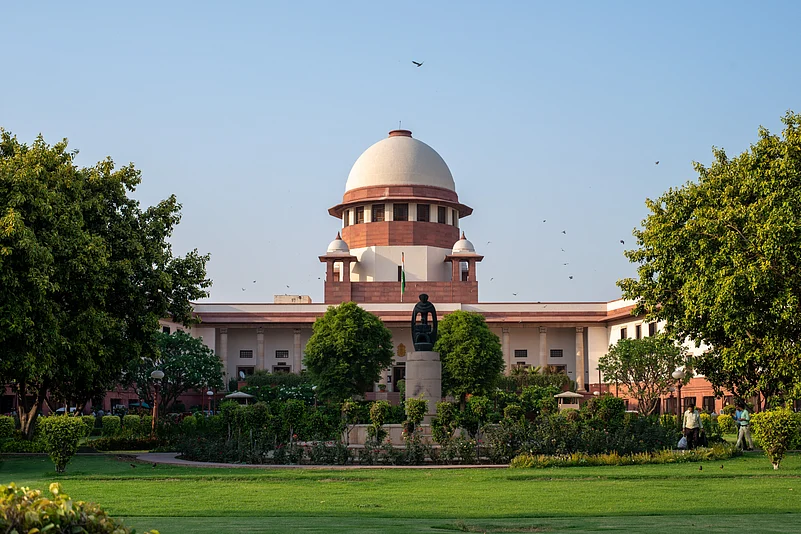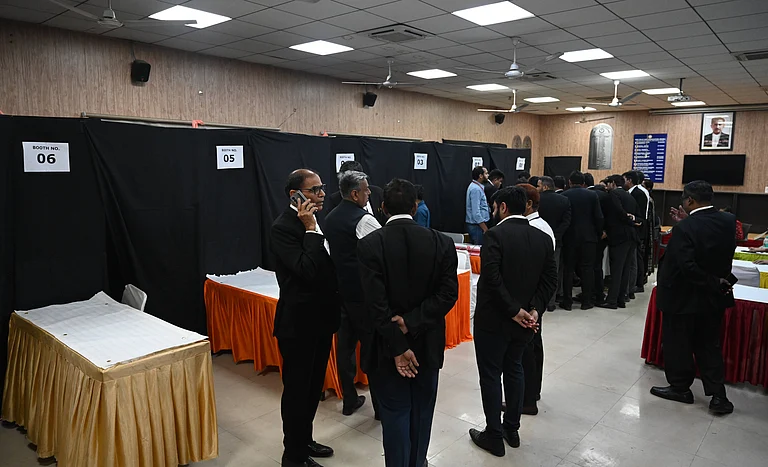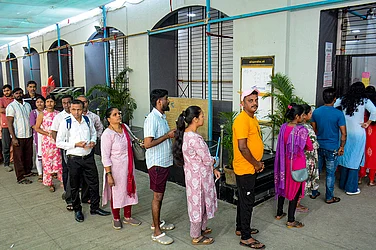
The Supreme Court will hear a plea seeking mandatory measures to ensure adequate representation of women in the 2026 State Bar Council elections.
The petitioner requests reservation, proportional representation, and other structural safeguards to correct the longstanding underrepresentation of women in State Bar Councils.
The Court has already scheduled the elections in five phases and has sought responses from the Bar Council of India and all State Bar Councils on implementing gender-inclusive reforms.
The Supreme Court is set to examine on December 1 whether women are receiving sufficient representation in elections to State Bar Councils across India. The Court, on Wednesday, asked the Bar Council of India (BCI) and all State Bar Councils to file their responses to a petition seeking enforceable measures for women’s reservation in the State Bar Council elections scheduled between January and April 2026 in Yogamaya MG v. Union of India & Ors.
A Bench comprising Chief Justice Surya Kant and Justice Joymalya Baghchi issued notice on an interlocutory application requesting directions to ensure that women have meaningful participation in the forthcoming elections held in a phased manner across the country. The application was filed by Advocate Yogamaya as part of her pending writ petition.
The petitioner has argued that without immediate corrective intervention, the upcoming five-year electoral cycle will once again leave women underrepresented.
The Court has already structured the 2026 State Bar Council elections into the following five phases:
Phase 1: Uttar Pradesh, Telangana — to conclude by 31 January 2026
Phase 2: Andhra Pradesh, Delhi, Tripura, Puducherry — to conclude by 28 February 2026
Phase 3: Rajasthan, Punjab & Haryana, Jharkhand, West Bengal, Karnataka, Gujarat — to conclude by 15 March 2026
Phase 4: Meghalaya, Maharashtra — to conclude by 31 March 2026
Phase 5: Tamil Nadu, Kerala, Assam — to conclude by 30 April 2026
The interlocutory application has been filed in the same PIL in which the Supreme Court, on September 17, 2024, sought responses regarding the broader demand for proportional representation of women, members of the queer community, persons with disabilities, and candidates from reserved categories within both the Bar Council of India and the State Bar Councils.
A key argument raised by the petitioner is that the expression “proportional representation” in Section 3(2)(b) of the Advocates Act, 1961 should be construed to require proportional inclusion of groups that are currently underrepresented.
Statutory Provision Relied Upon
Section 3(2)(b) of the Advocates Act, 1961 prescribes the total number of elected members for each State Bar Council—15, 20, or 25—based on the size of its electorate. These members must be elected through a system of proportional representation using the single transferable vote.
The petitioner has sought the following directions:
(A) A clear, time-bound mechanism from the authorities to guarantee substantial representation of women advocates in all five phases of the 2026 State Bar Council elections. This may include reservation policies, affirmative safeguards, or any other suitable structure approved by the Court.
(B) Interpretation of “proportional representation” under Sections 3(2)(b) and 3(3) in line with constitutional principles of equality and non-discrimination, so as to correct the existing gender disparity within State Bar Councils.
(C) Court-mandated steps to secure meaningful representation of women during all phases of the 2026 elections, including:
Reservation or quota provisions,
Minimum mandatory thresholds for representation,
Affirmative nomination-based or list-based requirements,
Any additional mechanisms necessary to achieve gender-equitable participation.
(D) Directions to the BCI and all State Bar Councils to incorporate these gender-equity measures in their election rules, notifications, and procedures for the 2026 election cycle.
(E) Any further orders the Court finds appropriate to ensure fair, inclusive, and constitutionally compliant participation of women in the regulatory bodies governing the legal profession.


























